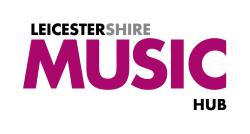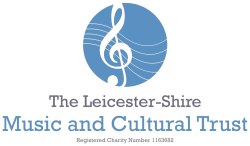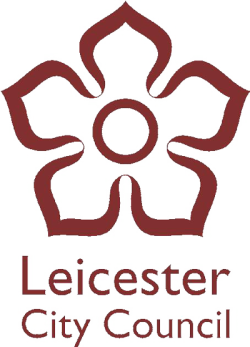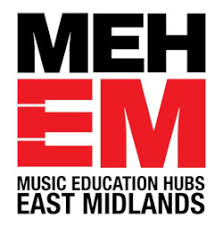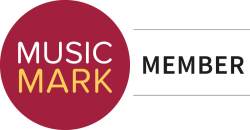Becoming an Effective Music Coordinator (a 3 part course)

Date: Wed, 22nd May 2024, 13:00 - 16:00
Venue: NSPCC
This training is made up 3 sessions and cost covers all sessions:
Session 3 - 22nd May 2024 - 1:00pm to 4:00pm, NSPCC
Session 1 - October 2024 - 1:00pm to 4:00pm, NSPCC - TBC
Session 2 - February 2025 - 1:00pm to 4:00pm, NSPCC - TBC
Participants can complete the course in any session order but all three sessions should be attended.
Using Technology in Primary Music Education
In this session you will consider the different types of technology that can be incorporated into the music curriculum, as well as free resources that can be used in stand-alone music technology lessons such as Launchpad Arcade and Chrome Experiments: Song Maker. You will also be introduced to other free music applications that can be accessed online.
All software explored in this session will be linked to purposeful musical outcomes, ensuring that musical learning is at the heart of each activity. In addition to the free web-based software, you will learn a step-by-step method to record pupils' computer work using 'screen recording' software, as well as how to edit multiple videos together (matrix video) for use with any recorded piece which includes multiple parts (e.g. a school choir).
Music across the Creative Curriculum
In this session you will discuss and explore the ways in which music is used to support, develop and become an integral part of other subjects in the curriculum. We will look at this area of music as an additional musical experience, and not as an alternative to the music education of the children.
We will share examples of how music could be beneficially used as a curriculum enhancer with suggestions of potential resources. We will also look at how referencing learning in these other subjects to music education will develop children's understanding of how different subjects link together and develop and support their learning as a whole.
Session 1 – TBC for October 2024
Creating an inclusive musical community
In this session we will explore the multi-faceted role of a music coordinator and will explore ways to create an inclusive musical community in your school.
You will have the opportunity to share your current context and identify any areas for development from the information shared.
By the end of the session you will be armed with ideas, free resources and a deepened knowledge of how to lead your staff in creating an inclusive and musically rich culture.
Singing and Vocal Work
In this session we will discuss and explore the opportunities singing and vocalising gives children. It is well-known that children vocalise sounds and start singing before they can read and write, and we will discuss the
importance of all children being given the opportunity to develop these sounds and skills.
We will explore singing as its own entity, as well as a crucial tool for musical learning e.g. pitch recognition and playing in tune and how your school can implement its own singing strategy and become a 'singing school'.
Session 2 – TBC for February 2025
Using Musical Instruments in the Classroom
In this session we will explore the tools used for making and creating music and the variety of these, depending upon factors such as availability, choice and purpose. We will talk about what 'instruments' are available and the interpretations of these e.g. body percussion, drumsticks on chairs, or in fact anything we have available that we can make noise with!
The session will enable you to think about how you can provide regular access to a wide range of instruments and opportunities to the children in your school and how they might develop their musical skills.
Composing, Improvising and Doodling
In this session we will explore how to harness children's creative explorations and help them continue to grow these ideas as their musical ability and skills develop.
We will explore the importance of modelling creativity and having an inclusive environment where the children can take risks, and how to develop their skills which are integral to their musical behaviour and thoughts.

